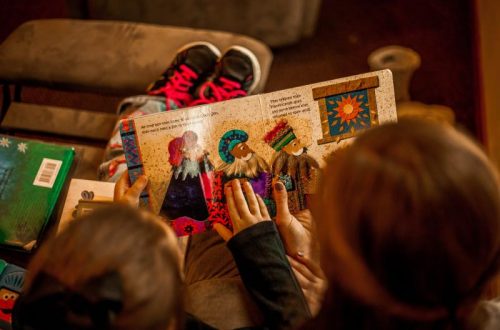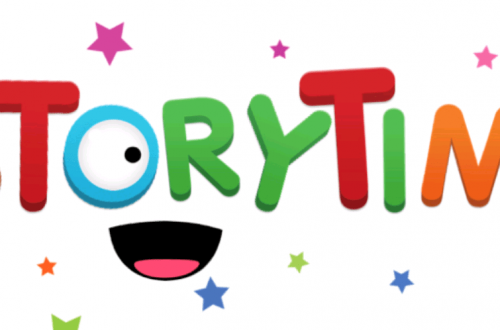-
What We Can Learn from Jesus as a Fetus
I don’t know about you, but understanding certain aspects of God’s nature always leaves me with a profound sense that God understands things with a wisdom and knowledge that I cannot even begin to grasp. Understanding the Trinity, for example, leaves me with a feeling that is both daunting and yet comforting – to be aware of all that I am unaware of is a strange experience but one I enjoy deeply.
-
Teaching Children through Grace
One of my favorite books on education and the Christian life is Donovan L. Graham’s insightful book Teaching Redemptively. This book has blessed me as both a school administrator as well as a Sunday school teacher. Graham’s premise can be summarized easily: If our students are to live by the gospel, they must experience it in their learning environment. But as you can see, putting that into action is easier said than done. First, we must decide just what we mean by this thing called grace? The New Bible Dictionary describes grace as God’s undeserved favor to sinners (Romans 3:10-12). Christians know that it is by grace through faith in…
-
Modeling for Young Minds
God created the mind of the young child to learn by absorbing the world around them. They also learn through all of their sensory gates simultaneously. The words of the simple song we sing in Sunday School actually teach a profound truth: “Oh be careful little eyes what you see, oh be careful little eyes what you see, for the Father up above is looking down with love. Oh, be careful little eyes what you see.”
-
Discovering God’s Divine Diversity in Your Classroom
In a recent article that I wrote for my website (www.jodycapehart.com) I brought up the topic of diversity in the classroom. My basic premise in that article was that while when talking about diversity we tend only to focus on certain categories, such as race, gender, age, and even religion. I suggested that we would benefit from expanding our conception of diversity to include learning styles, personality types, and multiple intelligences.
-
How to Raise Your Child’s Creativity Quotient
*Note: Parts of the following article are reprinted with changes from an article I published in July. I am hoping it will serve as a catalyst to get us praying, pondering, and planning about ways to help our students to be creative, think-outside-the-box learners. I welcome your wisdom and insights on the subject!
-
The ABC’s of Nurturing
In my book Touching Hearts, Changing Lives I wrote an entire chapter about the importance of using nurturing in our teaching. This is something I believe in strongly and hope to impart to the teachers and parents I encounter daily.
-
How to Put Some P-L-A-Y in Your Planning
The mark of a treasured teacher is not so much the ability to impart information but a contagious enthusiasm for learning. That excitement and eagerness are especially important when it’s time to plan the lesson for next week’s Sunday school class. Preparation is critical. Even the most experienced among us must be continually planning and learning new things to impart to our kids.
-
Caring Communication
Once on a field trip I heard a group of children discussing where they were born. “Jay was born in Miami,” Samantha announced. To which Jamie responded, “Come on, was Jay really born in ‘her ami’?”
-
Confidence-Building Communication
To develop positive self-esteem, children need to experience a sense of belonging. They need to feel connected to something bigger than themselves. Because many children come from broken, dysfunctional, or non-nurturing homes, being part of a class at church may be one of the few ways they satisfy this need. Many experts agree that the increase in gangs today is due to a growing number of kids who need to feel a part of something. Gangs may be the only avenue they see to fulfill their need to belong.
-
Elements of an Effective Hour Part 2
Last time, I shared some ideas for how to have an effective hour in your Sunday school class. We discussed the first of our five E’s: Engage. Today we will discuss the remaining four: Explore, Expand and Express, and Evaluate. 2. Explore

























